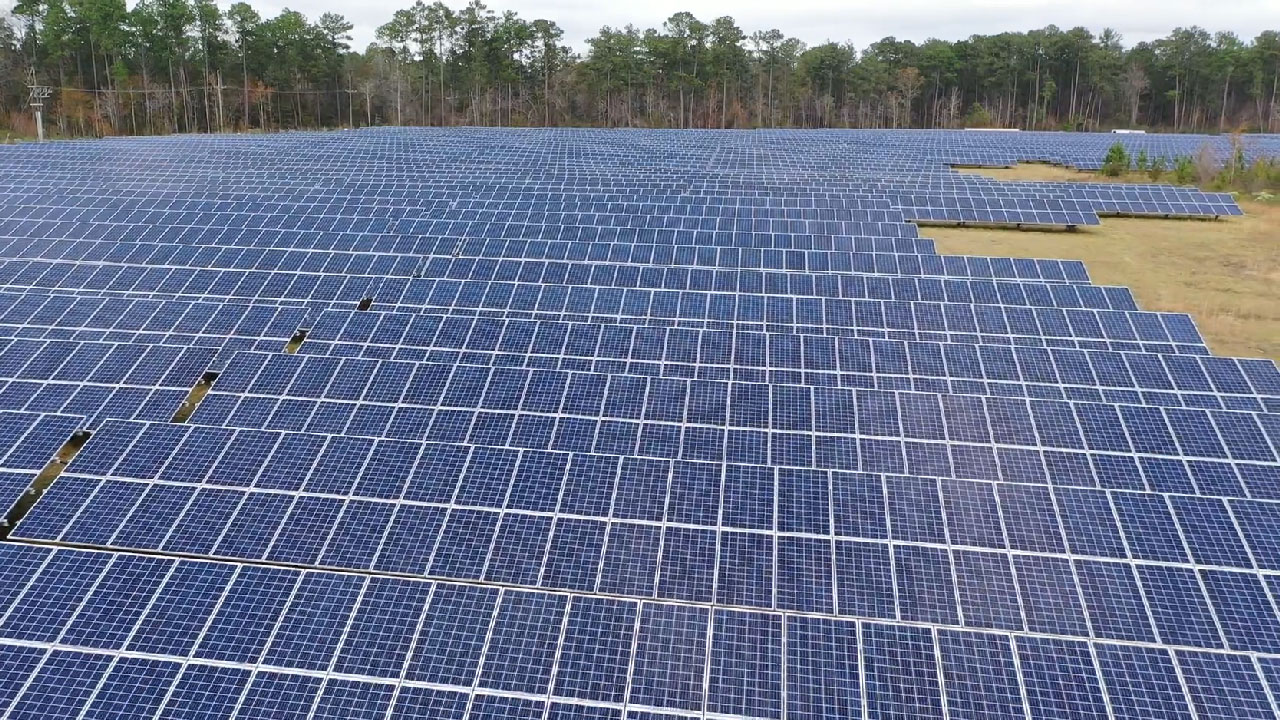
Energy constraints are set to become the IT industry’s next bottleneck, reckons Facebook co-founder and CEO Mark Zuckerberg. In a recent interview, he said he thinks that the long-running GPU drought is basically over, and AI growth and development won’t be reined in by capital constraints in the near term. Instead, energy issues are going to become the next major pinch point.
Zuckerberg tells interviewer Dwarkesh Patel that with the GPU drought now over, businesses will be tempted to “invest a lot of money in building out these things,” like data centers. However, before capital becomes a question, industry is going to be confronted by energy constraints, reckons Zuckerberg.
Providing some support to his assertion, the Facebook boss observes that a lot of new data centers are consuming 50 to 100 megawatts, with particularly large ones that “might be 150 megawatts.” It seems only a question of time before data centers start requiring 300 or 500 megawatts, or even pushing to a gigawatt.
How long will the exponential AI training and energy curve keep going – Zuckerberg asks rhetorically. This question brings the topic of energy production into focus. The Facebook CEO highlights that energy production is probably worth investing in soon.
Making a new power station is not a trivial task. Taking into account regulations (particularly with nuclear energy), powerline planning, and construction it can take many years from drawing up a plan to power flowing to the grid.
Georgia’s example
In a timely article, the WSJ looks closely at the US state of Georgia and how it is coping with the opening of a multitude of tech and industrial businesses.
Many of the new businesses “hoover up huge amounts of electricity,” notes the WSJ. At the same time, states are trying to lessen reliance on fossil fuel generated electricity, making attracting key businesses while assuring them of energy supplies a tightrope walk. Making things more complicated is the question of demand and supply affecting consumer prices and supplies.
Going forward, flexibility seems key, utilizing diverse power sources from renewable like solar and wind, employing batteries for spike management, using nuclear where available, and pragmatically using fossil fuel resources as required.
Interestingly, and relevant to the Zuckerberg interview above, the WSJ notes that Meta / Facebook is collaborating with a Georgia co-op and solar developer called Silicon Ranch, to help power its data centers.







